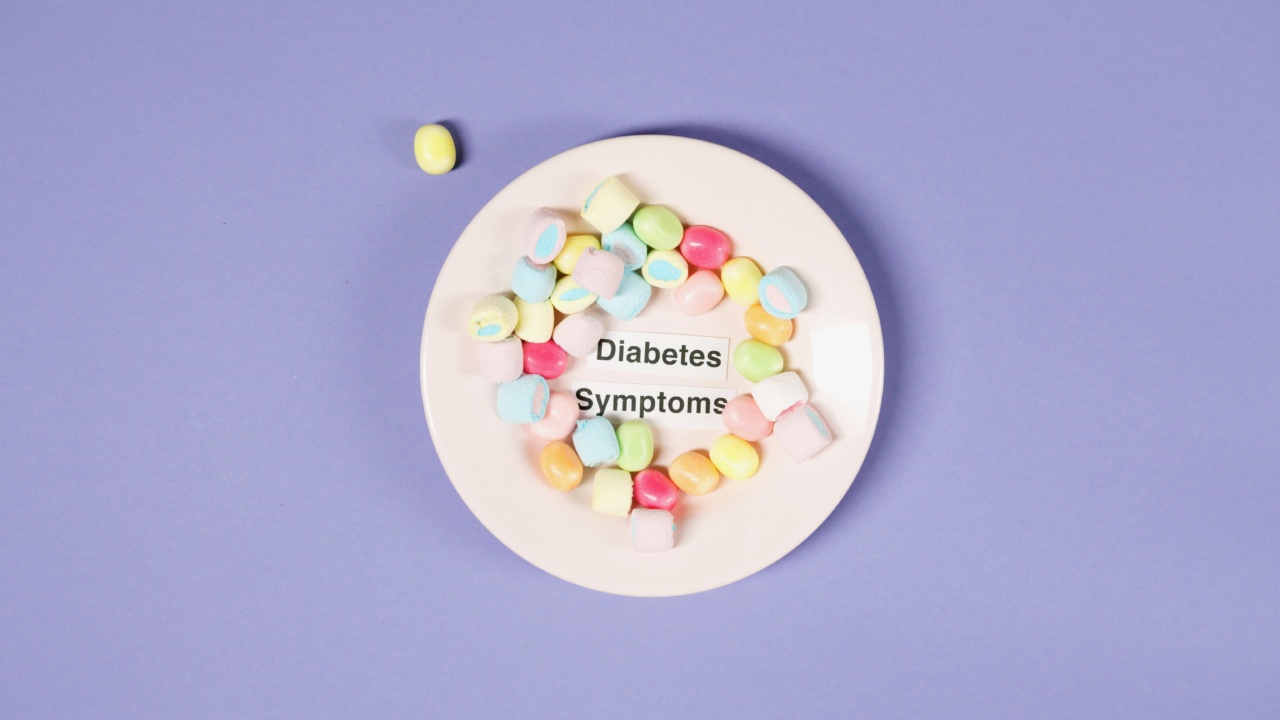Anorexia nervosa, commonly referred to as anorexia, is a complex and potentially life-threatening eating disorder characterized by an intense fear of gaining weight and a distorted body image.
It affects millions of individuals worldwide, primarily young women. Often considered a hidden world, anorexia can have devastating physical, emotional, and psychological consequences.
1. Understanding Anorexia
Anorexia is not merely about dieting or vanity but rather a multifaceted mental illness. People with anorexia go to extreme lengths to control their weight and food intake, sometimes leading to self-starvation.
This severe restriction of food can result in significant weight loss and malnutrition.
2. Signs and Symptoms
Recognizing the warning signs and symptoms of anorexia is crucial for early intervention and treatment. Common indications include:.
- Extreme weight loss and preoccupation with body weight
- Intense fear of gaining weight or becoming fat
- Distorted body image and dissatisfaction with one’s appearance
- Rigidity around meal times and restrictive eating patterns
- Avoidance of social gatherings involving food
- Excessive exercise and overuse of diet pills or laxatives
- Withdrawal from hobbies, interests, and social interactions
- Development of lanugo (fine, downy hair) on the body
- Unusual food rituals and secretive behavior around meals
- Irregular menstrual cycles or loss of menstruation (amenorrhea)
3. Physical and Psychological Effects
Despite being a psychiatric disorder, anorexia has severe physical consequences. The body, deprived of essential nutrients, enters a state of malnourishment. This can lead to:.
- Extreme fatigue and lack of energy
- Brittle hair and nails
- Dry and yellowish skin
- Low body temperature and cold intolerance
- Difficulty concentrating and poor memory
- Weakened immune system, making individuals prone to infections
- Impaired organ function, such as heart and kidney problems
- Osteoporosis and increased risk of fractures
- Cardiovascular complications
Besides the physical repercussions, anorexia also impacts an individual’s mental and emotional well-being. Depression, anxiety, social isolation, and suicidal thoughts can become prevalent.
4. The Role of Genetics and Environment
While the exact causes of anorexia are unknown, research suggests a combination of genetic and environmental factors contribute to its development.
Individuals with a family history of eating disorders are more susceptible, highlighting a genetic component. However, environmental factors such as societal pressures for thinness, cultural ideals, and individual experiences with trauma or abuse can also trigger the disorder.
5. Cultural Implications
Anorexia is not confined to a particular culture or society. It affects individuals across various countries, ethnicities, and socioeconomic backgrounds.
However, cultural influences play a significant role in shaping body image ideals and can contribute to the development of disordered eating patterns.
6. Seeking Help and Treatment
Recovery from anorexia is possible with the right treatment approach. Early intervention and a multidisciplinary team consisting of medical professionals, therapists, and dietitians are essential. Treatment methods may include:.
- Medical stabilization and nutritional rehabilitation
- Psychotherapy, including cognitive-behavioral therapy (CBT)
- Group therapy and support networks
- Family-based therapy for adolescents
- Medication for co-occurring mental health conditions
- Regular monitoring and follow-up care
7. Challenges of Treating Anorexia
Anorexia poses unique challenges to treatment due to the resistance, denial, and ambivalence often experienced by individuals with the disorder.
Addressing the underlying emotional issues and fostering a supportive therapeutic alliance are crucial for successful outcomes.
8. The Role of Prevention
Efforts to prevent anorexia should focus on promoting positive body image, healthy self-esteem, and fostering resilience against societal pressures.
Education and awareness campaigns can help debunk myths surrounding eating disorders and encourage early intervention.
9. Supporting Individuals with Anorexia
Providing support to individuals with anorexia requires empathy, understanding, and patience. It is essential to avoid judgmental or critical language, be willing to listen without offering unsolicited advice, and encourage professional help.
10. Breaking the Stigma
Challenging societal stigmas around eating disorders is crucial. An open, non-judgmental dialogue can create an environment where individuals feel comfortable seeking help, reducing the shame and secrecy often associated with anorexia.




























